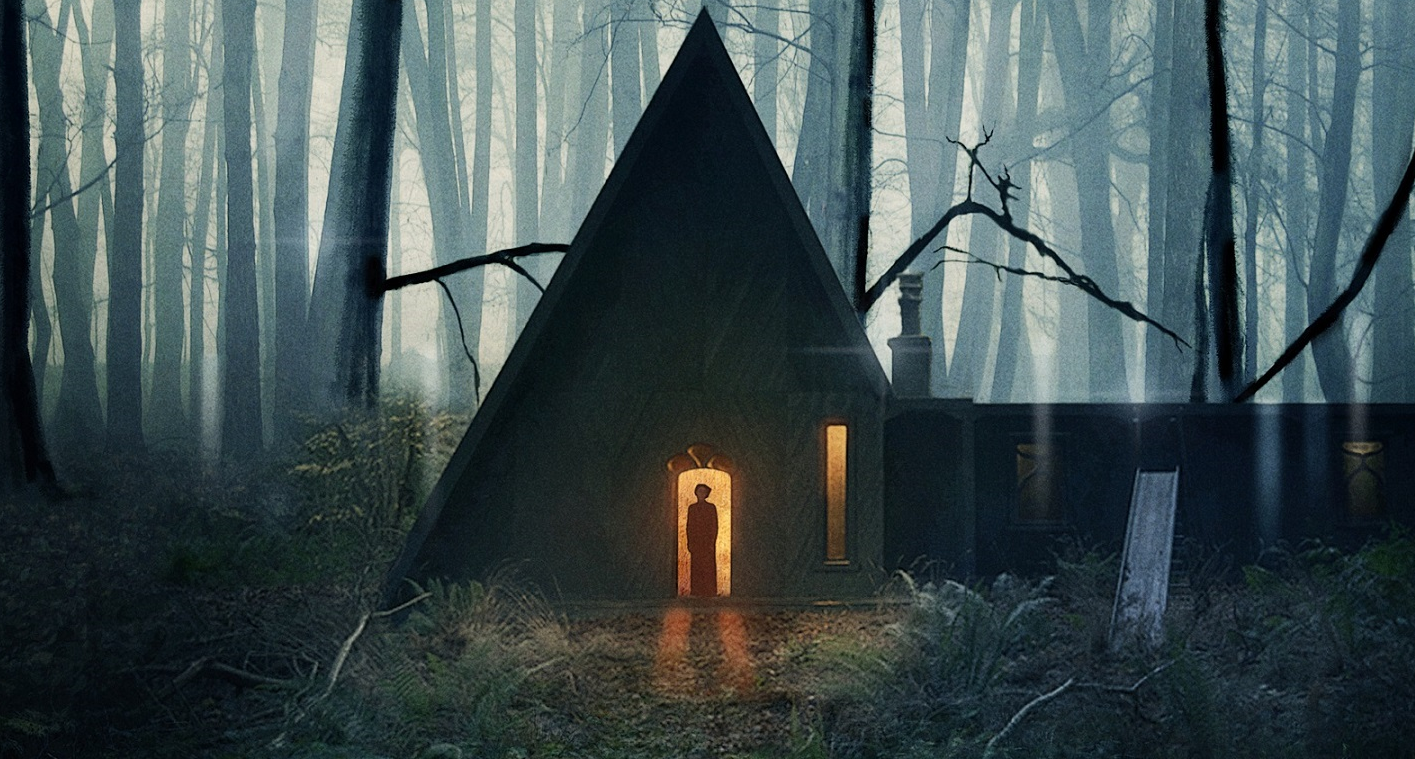
Gretel & Hansel is a bit of a film after my own heart. Osgood (Oz) Perkins has done a wonderful job of crafting a horror movie which is subtle yet still intense. It is splendid to look at in its minute details. Down to the beautiful fanned windows in all the dwellings, even the crude bowls and spoons on the table where Gretel sits with her mother for a few moments at the start… The lighting is exquisite, and the forest scenes are so gorgeously shot, stark but lovely.
This new interpretation of the Grimms’ story takes place in a surreal land that falls somewhere between realism and a stylized fantasy. It is not bound within its traditional historical setting; rather, it is a fluid amalgamation of its fairytale epoch fused with modern aesthetics. There is the striking, minimalist triangle which appears as part of the movie’s occult symbolism, and the exterior shape of the witch’s house is utterly modern, not at all reminiscent of a medieval dwelling, or like the gingerbread house of our childhood fancies.
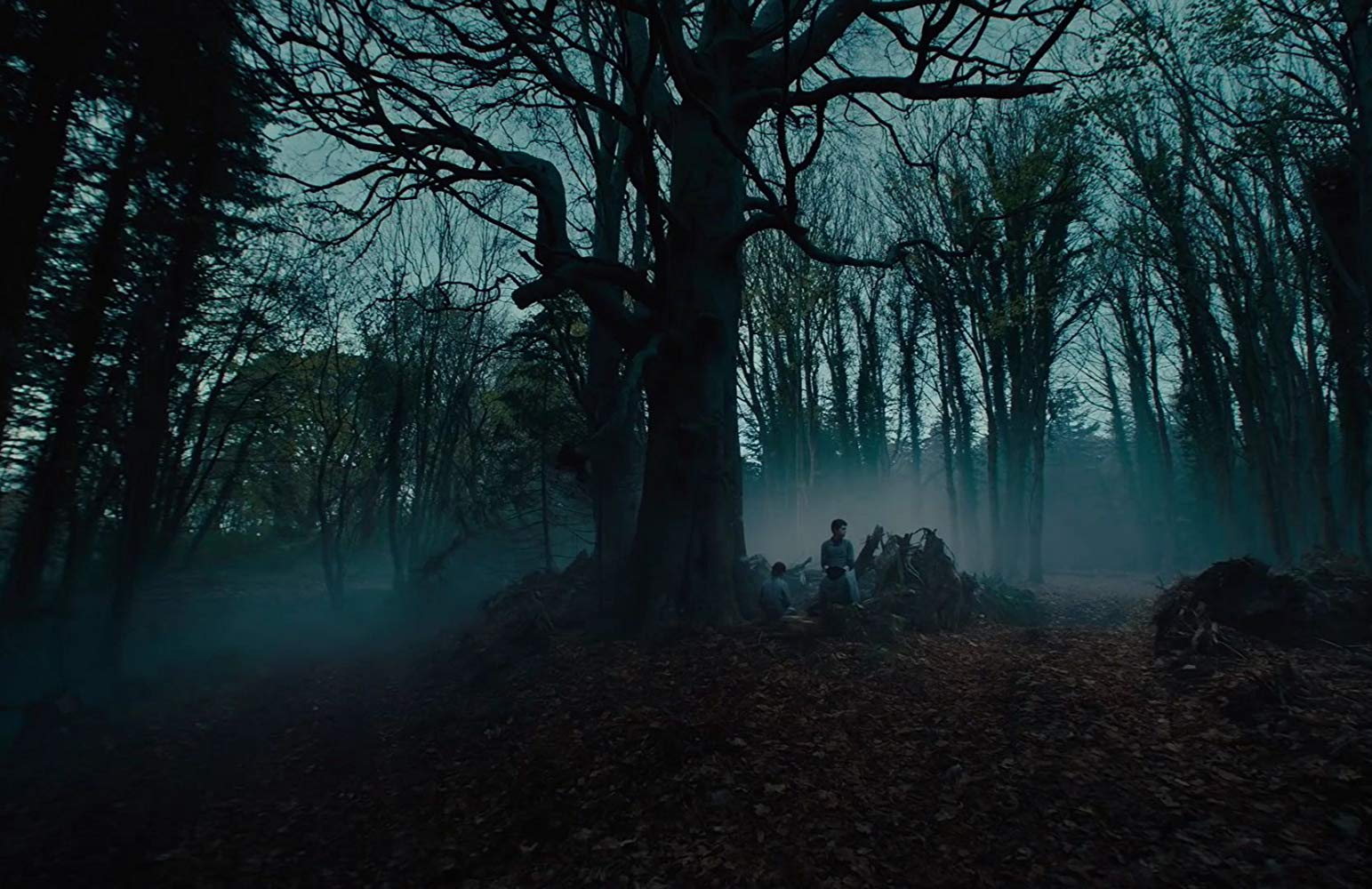
Atmospheric, ominous, moody, yet elegant, Gretel & Hansel is something like a Margaret Atwood or Angela Carter fairy tale in cinematic form, but more taut and minimal. Early on, the film quotes the song from “The Juniper Tree,” perhaps the most violent fairy tale of all time, which begins, “My mother she killed me, my father he ate me…” This gives a foretaste of the dark direction of the film, whose more macabre moments still remain subdued and which always retains an understated but eerily beautiful quality.
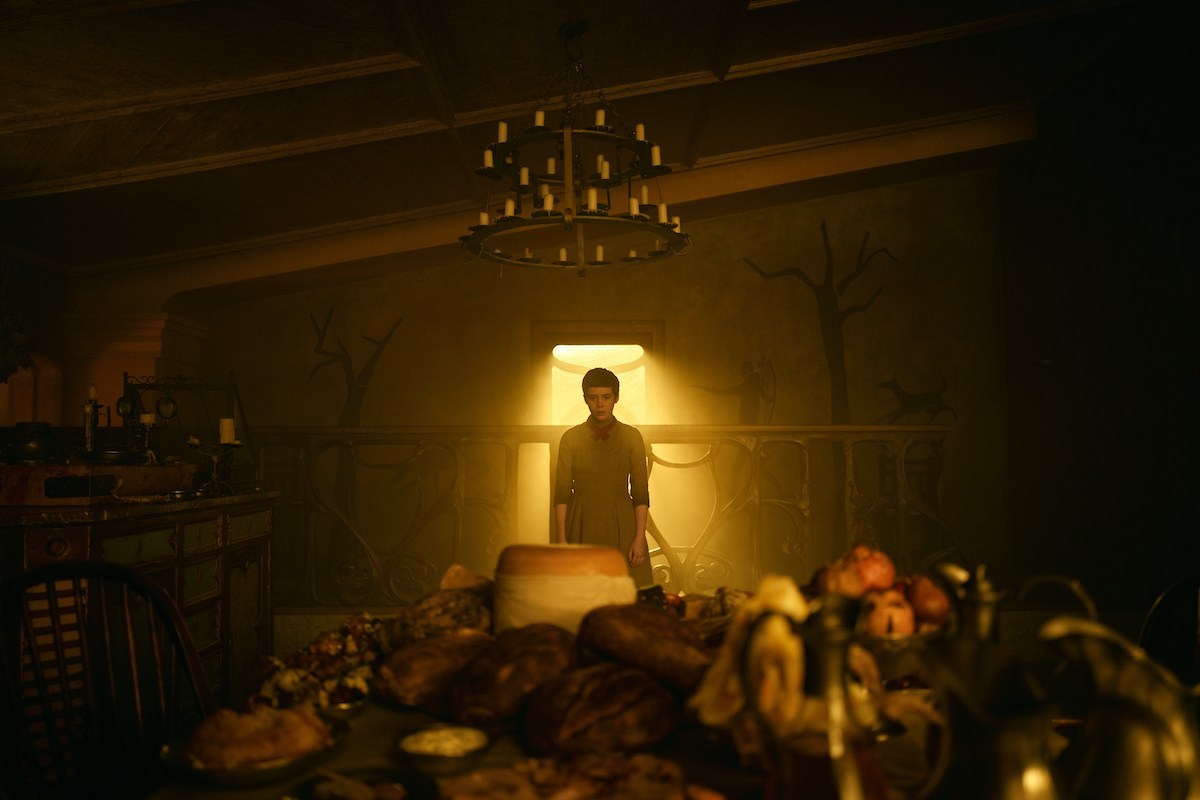
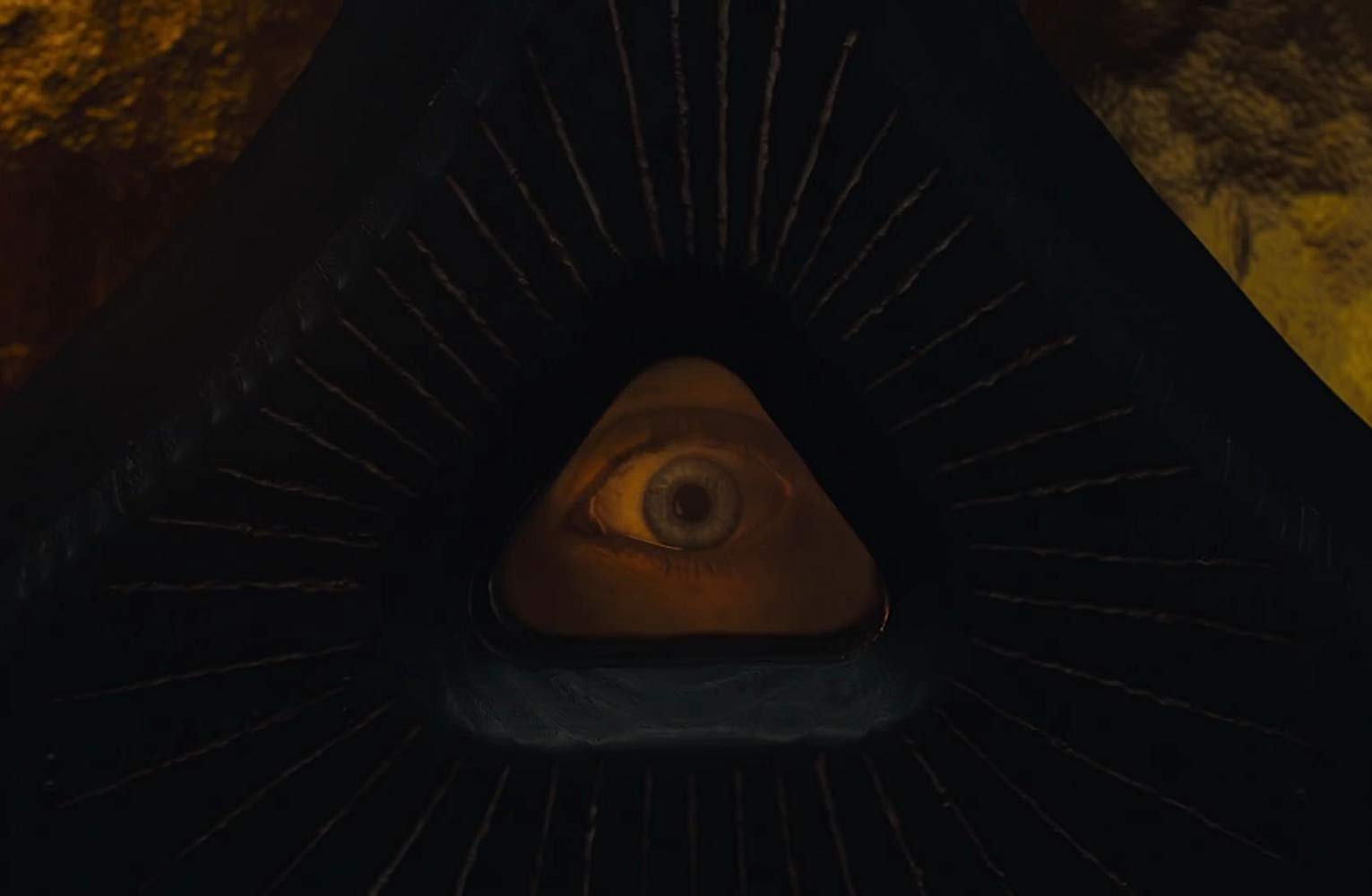
At first I felt that the very American, very natural, down-to-earth voice of Sophia Lillis was oddly at variance with the rather theatrical British accent of little Hansel, but I gradually grew used to it and it even came to seem to be a kind of counterpoint between the two characters. Her realistic, modern delivery complemented her very no-nonsense, boyish, almost brutal haircut. The spare, rather cryptic dialogue, sometimes veiled, oblique, or non sequitur-like, is nonetheless quite incisive, as well as oddly poetic. Clocking in at just under an hour and a half, Gretel is compact and lean. There is no superfluity in any of the scenes. My interest never lulled, I didn’t find myself straying at all, and I felt like the story unraveled at a good pace, neither quick nor sluggish.
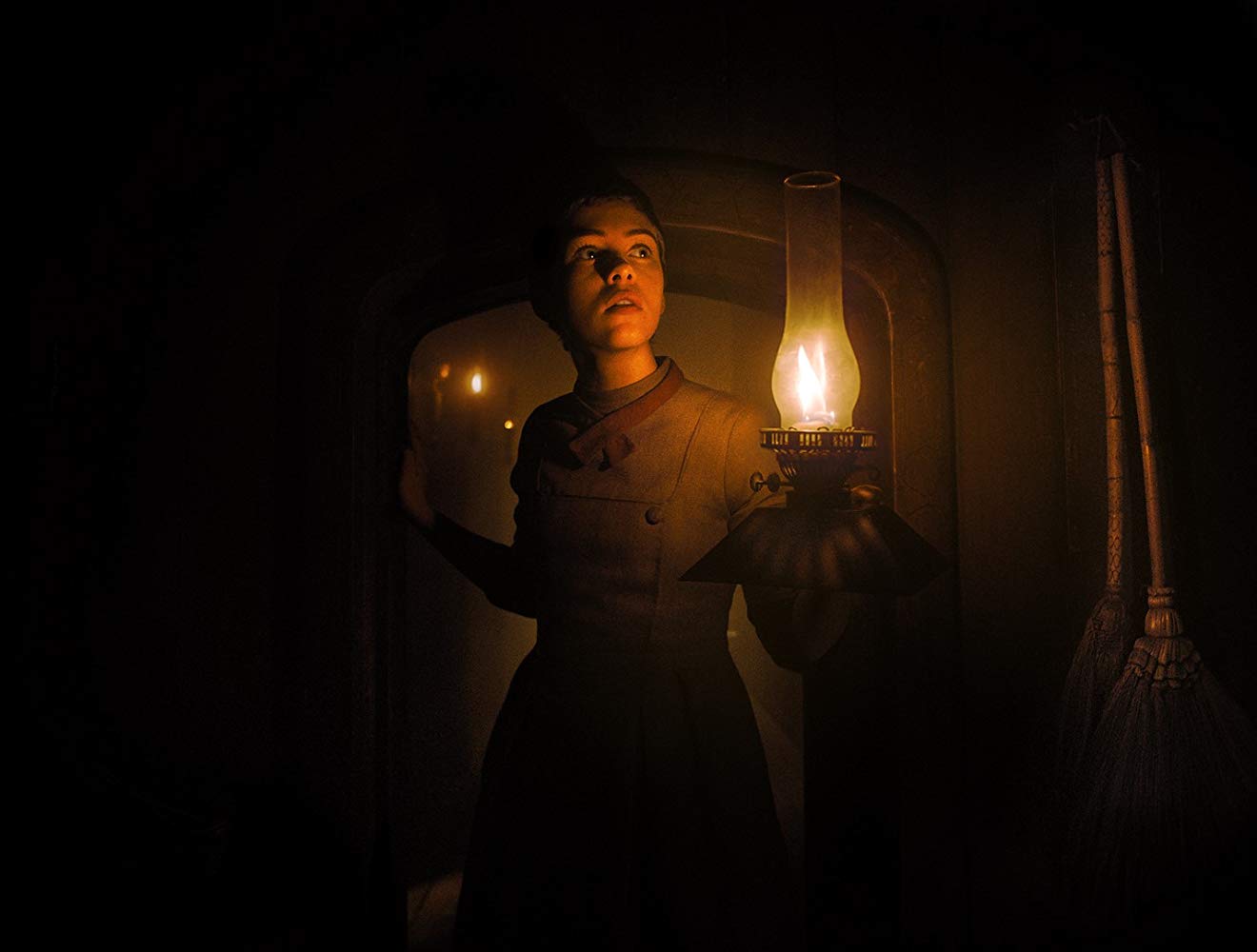
I loved the dream sequences, which were restrained but rich with horrific implication and visually fascinating. I also appreciated that the witch was in no wise portrayed as cartoonishly or facilely villainous. She did not have the stereotyped traits of a sinister crone or hag, aside from the superficial aspect. Rather, she seemed in an obscure way to be acting with the girl’s best interests at heart throughout the length of the story, and to be teaching her a hard lesson not out of malice but out of hopefulness for the promise that Gretel holds. At no point did she devolve into a cackling version of a wicked old witch. I found that she often proffered sound advice, expressed through metaphors which had a certain odd aptness in the vein of hybrid modernity and quaintness that marks the whole of the movie.
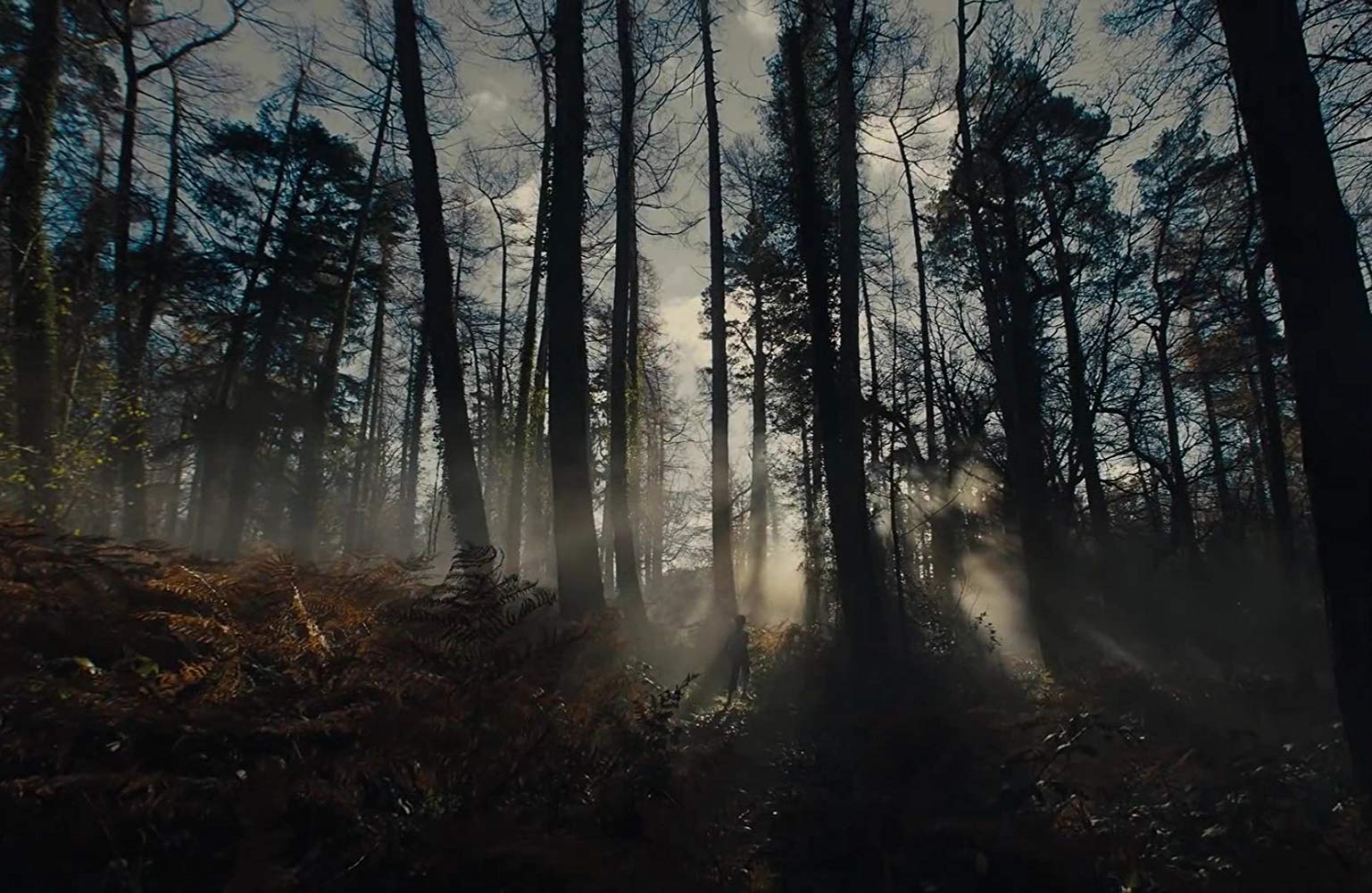
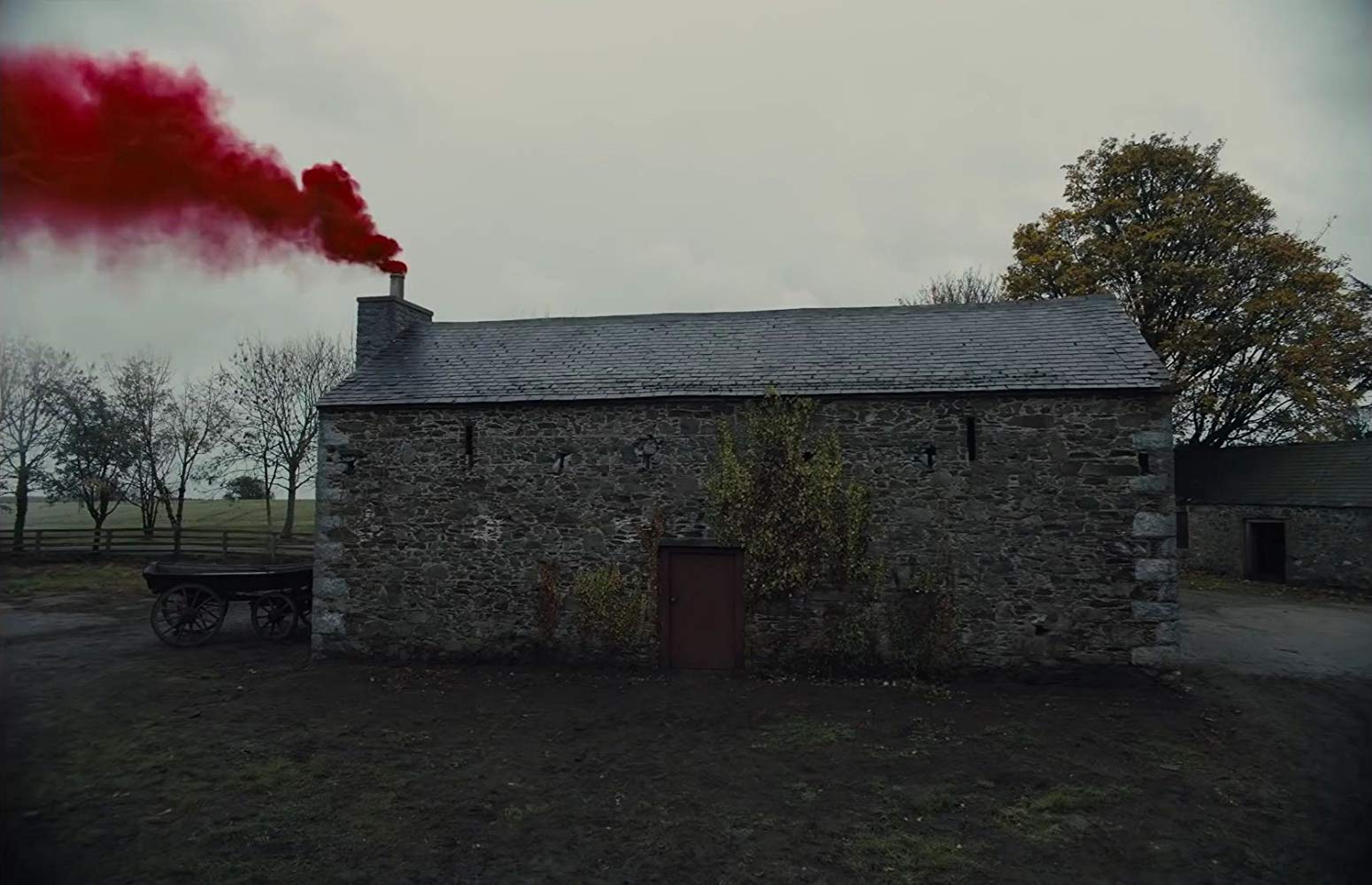
The film is in many ways a coming-of-age story about Gretel, the tale of her becoming, and more so than about victimhood, abandonment, the untrustworthiness of strangers…it is about seizing one’s power and taking it for oneself. Allowing oneself to unfurl, not being hindered by the ties of the past. It is about the cusp of maturity, of beginnings and endings, putting away the things of childhood. For all its darkness, it ultimately has an uplifting message. This adaptation of the classic German fairy tale contains enough surrealism and poetry to be quite haunting and mesmerizing.